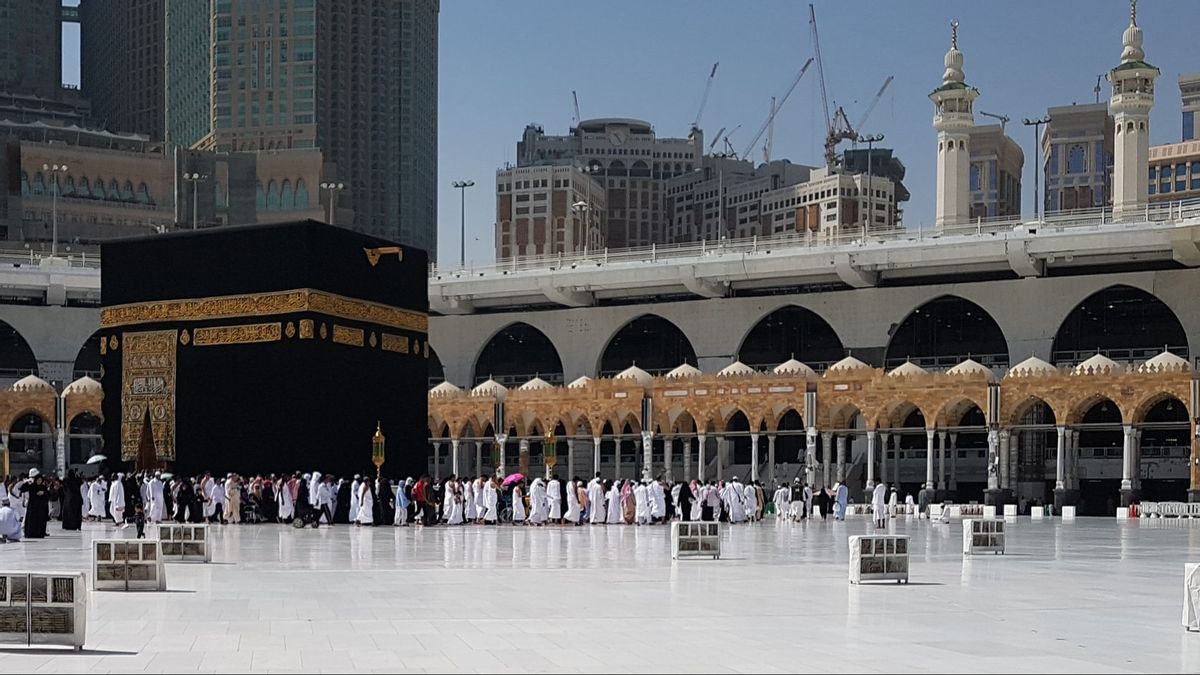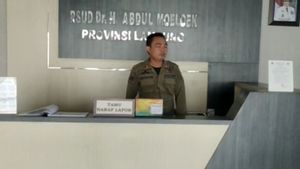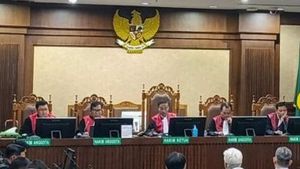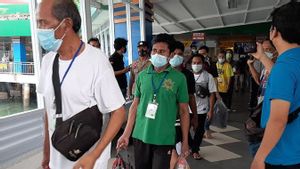JAKARTA - The Ministry of Health appealed to pilgrims for Hajj candidates to be aware of the transmission of the Middle East Respiratory Syndrome Corona Virus (MERS-CoV) disease during the pilgrimage in the Holy Land.
"Regarding MERS-CoV, until now there has been no specific vaccine to prevent infection, so Clean and Healthy Lifestyle (PHBS) is still effective in preventing transmission," said Secretary General (Secretary General) of the Ministry of Health (Kemenkes) Kunta Wibawa Dasa Nugraha as reported by ANTARA, Tuesday, May 23.
The MERS-CoV started in the Middle East, a derivative of the Coronavirus which can cause respiratory system disease and risk causing death.
The direct transmission pattern of MERS-CoV disease can go through contact with phlegm splashes or droplets when a patient coughs or sneezing. Meanwhile, indirect transmission through contact with objects contaminated with the virus.
Symptoms that arise include fever, cough and flu, shortness of breath, gastrointestinal or diarrhea complications and nausea and vomiting.
"Because MERS-CoV does not yet have a vaccine, it is very important for us to be more careful and take care of our health," he said.
اقرأ أيضا:
Kunta asked around 221,000 Indonesian Hajj candidates to go to the Holy Land this year to implement PHBS.
Efforts to avoid MERS-CoV can be done by diligently washing hands with soap and running water or by disinfecting, wearing a mask when doing activities, especially in crowds, covering the nose and mouth when sneezing and coughing.
"If you feel sick, immediately consult with health workers. We hope that the pilgrims will continue to apply health protocols, maintain their body condition with sufficient rest and eat nutritious food. If the body is healthy, the pilgrimage will run smoothly," he said.
The English, Chinese, Japanese, Arabic, and French versions are automatically generated by the AI. So there may still be inaccuracies in translating, please always see Indonesian as our main language. (system supported by DigitalSiber.id)


















